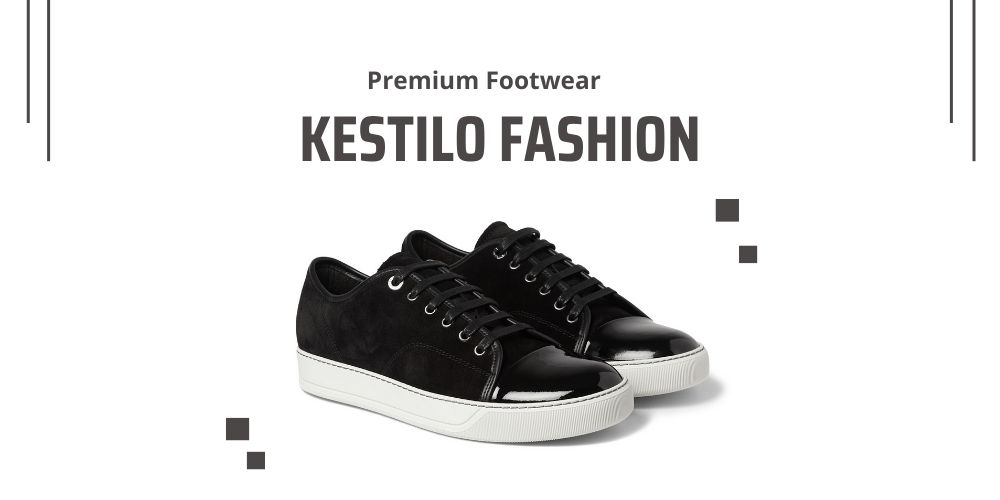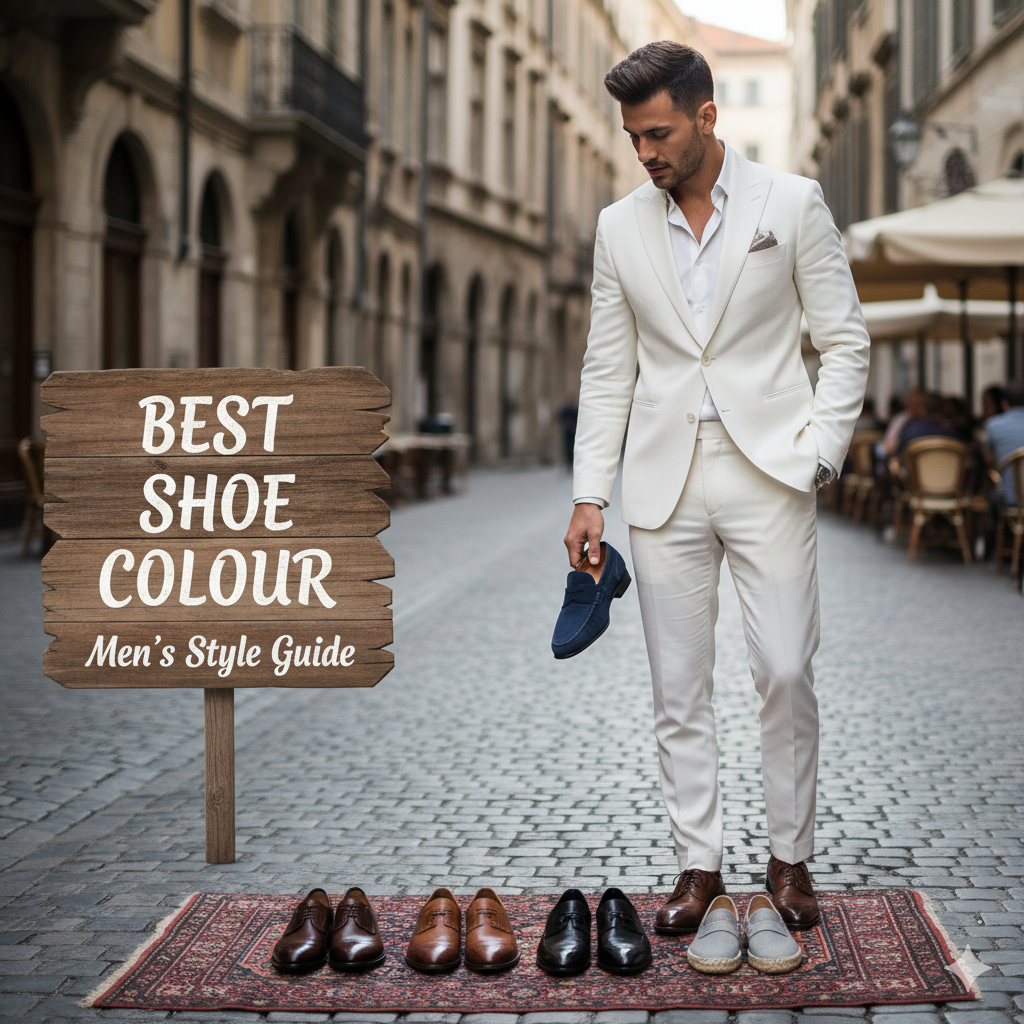The purchasing and selling of fake items, such as imitation shoes, has become a major problem in the fashion business today. Selling these fake goods carries legal ramifications, even though many consumers may view them as an affordable substitute for pricey designer labels. This essay will examine the reasons why selling first copy shoes is prohibited and address whether doing so is still feasible.
Knowing How to First Copy Shoes
Unauthorized imitations of well-known shoe brands are referred to as first copy shoes or counterfeit shoes. These shoes are frequently made to resemble the genuine product in terms of look, branding, and design. Even while imitation shoes may have a striking resemblance to the real thing, they are usually constructed using subpar materials and craftsmanship.
The Lawfulness of First Copy Shoe Sales
For several reasons, it is prohibited to sell first copy shoes. First of all, fake goods violate the original brand’s intellectual property rights. The rights to a shoe’s design, including any related logos, trademarks, or patents, belong to the firm that creates and manufactures it. These intellectual property rights are being violated by people who sell imitation shoes that look a lot like the real ones.
Furthermore, selling imitation shoes may also be seen as deceptive advertising. Customers who buy fake goods are frequently tricked into thinking they are getting a genuine, superior product. In actuality, imitation shoes are usually of worse quality and cannot offer the same degree of performance, comfort, or durability as the original.
Repercussions for Selling Fake Shoes
If detected selling fake shoes, a person may be subject to harsh penalties. Selling counterfeit products is illegal in many nations and carries severe penalties, including heavy fines, merchandise confiscation, and even jail time. In an effort to safeguard their intellectual property and preserve the integrity of their brand, brand owners are increasingly taking action against counterfeit sales.
Is It Legal for Us to Sell First Copy Shoes?
Although it is against the law to sell first copy shoes, there are a few exceptions. Selling shoes that are modeled after a certain design or style, for instance, is permissible as long as the branding and trademarks of the original product are not explicitly imitated. Without violating intellectual property rights, anyone may, in certain situations, sell shoes that are just inspired by a popular style.
Furthermore, certain shoe manufacturers could create “dupes” of well-known styles, which are stylistically close but not identical duplicates. For customers who desire the appearance of a luxury shoe without the exorbitant cost, these imitations could provide a more cost-effective choice. These fakes are usually accepted for sale as long as they don’t violate copyrights or trademarks.
In conclusion
In conclusion, there are legitimate ways to sell shoes that are modeled after well-known designs, even if it is against the law to sell shoes that exactly duplicate a branded product. Ensuring that no shoes you sell violate the original brand’s intellectual property rights is crucial to avoiding legal problems. People can operate in the fashion retail industry legally and morally by being aware of the laws about duplicate shoes.




